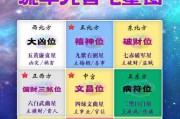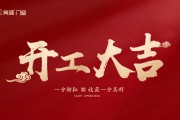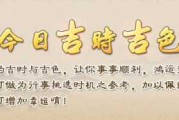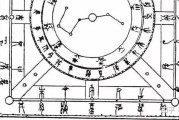本文目录导读:
- Understanding the Concept of Auspicious Moments
- The Significance of the 20th Year's February 2nd
- The Role of Auspicious Moments in Chinese Culture
- The Modern Relevance of Auspicious Moments
- Conclusion
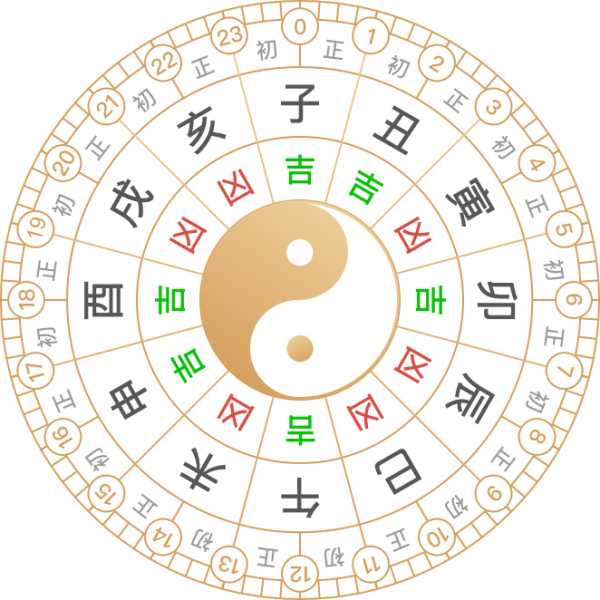
In Chinese culture, the concept of "auspicious moments" or "吉时" (jī shí) holds a special significance. These moments are believed to bring good fortune, prosperity, and harmony to those who encounter them. The idea ofauspicious moments is deeply rooted in traditional Chinese beliefs and practices, and it plays a crucial role in various aspects of life, including personal decisions, business strategies, and even political timings. This article explores the concept ofauspicious moments, focusing on the significance of the 20th year's February 2nd, and how it has been perceived and utilized in Chinese culture.
Understanding the Concept of Auspicious Moments
The term "auspicious moments" in Chinese refers to specific times or events that are believed to align with the flow of the universe, thereby bringing good fortune and avoiding misfortune. These moments are often associated with the Five Elements (金、木、水、火、土,金水木火土), which are considered the fundamental forces of the universe. By understanding these elements and their interactions, individuals can identifyauspicious moments that align with their personal or collective destiny.
In addition to the Five Elements,auspicious moments are also influenced by the positions of celestial bodies, such as the sun, moon, and stars. These celestial movements are believed to have a profound impact on the course of events on Earth. By studying the patterns of these movements, individuals can predict and capitalize onauspicious moments that are favorable for their endeavors.
The Significance of the 20th Year's February 2nd
The 20th year's February 2nd is a specificauspicious moment that has been recognized in Chinese culture for its positive implications. This day is often associated with good fortune, success, and harmony in relationships. People in China often mark this day with festive celebrations, rituals, and personal reflections to honor itsauspicious nature.
One of the primary reasons why the 20th year's February 2nd is consideredauspicious is its alignment with the Five Elements. According to traditional Chinese beliefs, the 20th year corresponds to the element of Earth, and the February 2nd falls on a day when the energies of the Earth element are particularly harmonious and conducive to positive change. This makes it an ideal time for individuals to pursue their goals, strengthen their relationships, and achieve personal growth.
Moreover, the 20th year's February 2nd is also believed to be aauspicious moment for business and financial endeavors. Many entrepreneurs and investors in China mark this day with optimi, as they believe it is a sign of good fortune and success in their ventures. Theauspicious nature of this day is thought to bring prosperity and wealth to those who embrace it with determination and faith.
The Role of Auspicious Moments in Chinese Culture
In Chinese culture,auspicious moments are not merely superstitious beliefs but are deeply rooted in the spiritual and philosophical understanding of the universe. The concept ofauspicious moments is closely tied to the idea of "天人合一" (heaven and humanity harmonious), which emphasizes the alignment of human actions with the natural order of the universe. By understanding and utilizingauspicious moments, individuals can live in harmony with the universe and achieve a sense of purpose and fulfillment in their lives.
In addition to their spiritual significance,auspicious moments also play a practical role in Chinese culture. They are used as reference points for personal and collective decisions, such as weddings, exams, and political elections. In these contexts,auspicious moments are seen as opportunities to bring good fortune and prosperity to the individuals or groups involved. By carefully selecting and preparing forauspicious moments, individuals can enhance their chances of success and achieve their desired outcomes.
The Modern Relevance of Auspicious Moments
In the modern era, the concept ofauspicious moments continues to hold relevance in Chinese culture, albeit in a more pragmatic and flexible manner. While the traditional beliefs and practices surroundingauspicious moments are rooted in superstitious and spiritual ideas, the concept has been adapted and integrated into contemporary life. For example, many individuals in China useauspicious moments as a guide for their personal and professional decisions, believing that they can align their actions with the universe's flow and achieve positive results.
In addition, the concept ofauspicious moments has inspired a wide range of modern practices, such asauspicious timing in business negotiations, personal goal-setting, and relationship management. By understanding the principles behindauspicious moments, individuals can make more informed decisions and enhance their chances of success in both personal and professional endeavors.
Conclusion
The 20th year's February 2nd is a prime example ofauspicious moments in Chinese culture, symbolizing good fortune, prosperity, and harmony. Rooted in traditional beliefs and practices,auspicious moments are not merely superstitions but are deeply connected to the spiritual understanding of the universe. By recognizing and utilizingauspicious moments, individuals can enhance their personal and collective lives, achieve their desired outcomes, and live in harmony with the universe. As the 21st century unfolds, the concept ofauspicious moments continues to inspire and guide individuals in China, helping them navigate the complexities of modern life with wisdom and faith.
标签: #吉时




